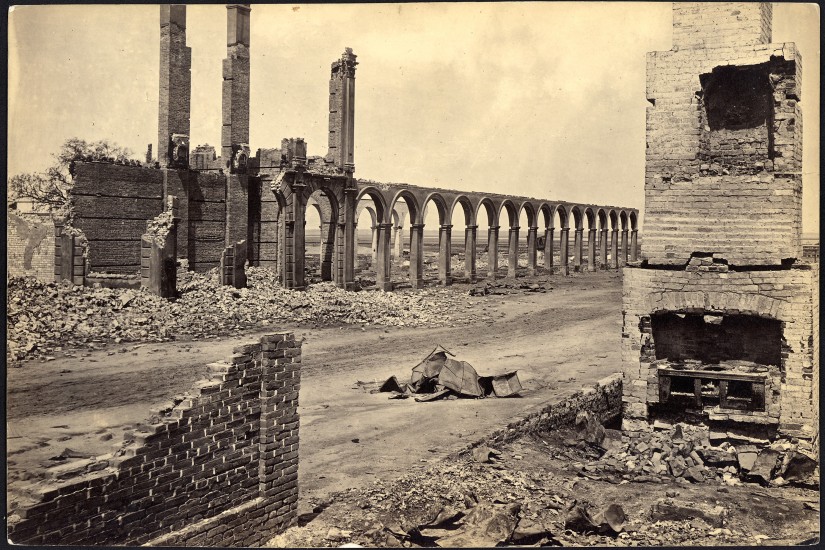On May 1, 1865, freed slaves gathered in Charleston, South Carolina to commemorate the death of Union soldiers and the end of the American Civil War. Three years later, General John Logan issued a special order that May 30, 1868 be observed as Decoration Day, the first Memorial Day -- a day set aside "for the purpose of strewing with flowers or otherwise decorating the graves of comrades who died in defense of their country during the late rebellion, and whose bodies now lie in almost every city, village, and hamlet church-yard in the land."
At the time, the nation was reunited politically, but it remained culturally divided, and so did Memorial Day observations. In the North, the federal government created national cemeteries for men who died in the war, while state governments from New York to Michigan gradually made Decoration Day an official holiday throughout the 1870s. In the South, from April to June, women dressed in white and knelt beneath statues of fallen Confederate leaders; they told stories about the men who appeared in portraits lining the walls of many Southern homes. By the early 20th century, as Americans faced enemies abroad, many of the surviving Civil War veterans recognized their shared wartime history and reconciled their differences -- turning Memorial Day into a national holiday.
As America recognizes the 150th anniversary of the American Civil War, we would do well to revisit the origins of Memorial Day among freedpeople in Charleston. While they honored those who fought for their emancipation (which also celebrates its 150th birthday this summer), it was not simply a moment of great triumph and celebration for freedpeople, but a complicated process that led to the unexpected death of hundreds of thousands of former slaves.
While former slaves venerated the staggering number of Union soldiers who died during the war, few have observed the ways in which war and emancipation led to the astonishing mortality of many ex-slaves. Former bondspeople liberated themselves from chattel slavery and entered into an environment that was plagued by cholera, dysentery, and yellow fever -- devastating nineteenth-century illnesses for which the medical profession knew no cure, and from which the poor and the marginalized suffered disproportionately. One of the most often-forgotten facts among the public displays and memorials about the Civil War is that the vast number of soldiers died from disease and sickness, not from combat wounds or battle -- in fact, the war became the largest biological crisis of nineteenth-century America.
